As one of the last remaining indigenous tribes of our planet, the Maasai play an important role in safeguarding the African Savannah ecosystem. It is one of the reasons FWPs continue to support and help them protect their tribal culture and their lands. 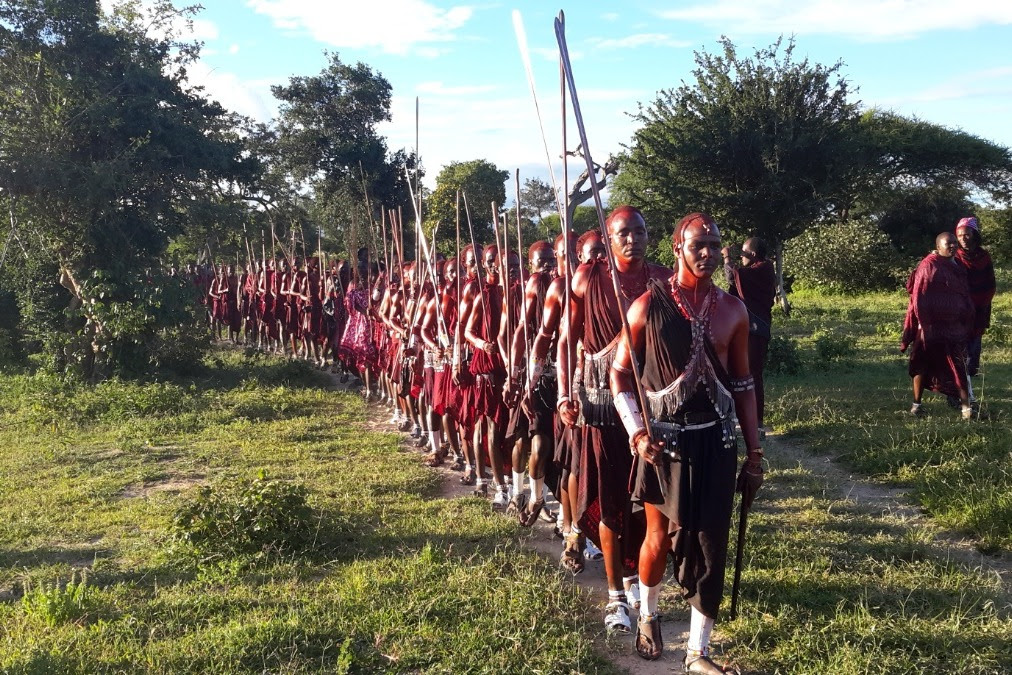 These projects help the Maasai to adapt to an ever changing environment by teaching them about land management, conservation, family planning and the importance of education.
These projects help the Maasai to adapt to an ever changing environment by teaching them about land management, conservation, family planning and the importance of education.
The funds we are raising will support a Maasai women enterprise where Stephanie is teaching Maasai women to make reusable sanitary kits.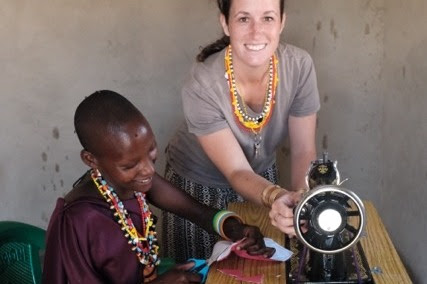 The project has been a huge success and we have so far distributed over 500 reusable sanitary kits to Maasai girls and women in our community and beyond.
The project has been a huge success and we have so far distributed over 500 reusable sanitary kits to Maasai girls and women in our community and beyond.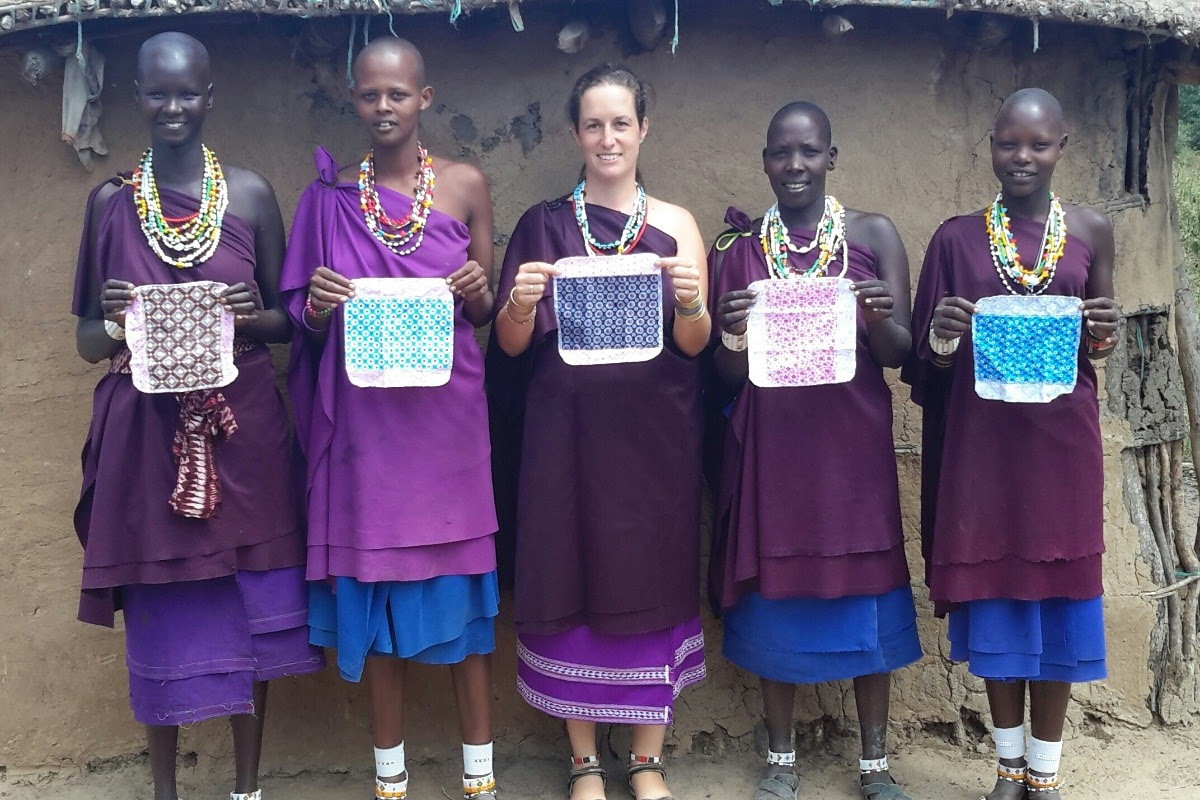 Our enterprise empowers the women who work for us by giving them an income while at the same time providing Maasai girls with a way of dealing with their menses, therefore making it easier for them to go to and stay in school.
Our enterprise empowers the women who work for us by giving them an income while at the same time providing Maasai girls with a way of dealing with their menses, therefore making it easier for them to go to and stay in school.
Traditionally Maasai women have no means of managing their menstruation and often miss out on school as economical and cultural obstacles leave them without options.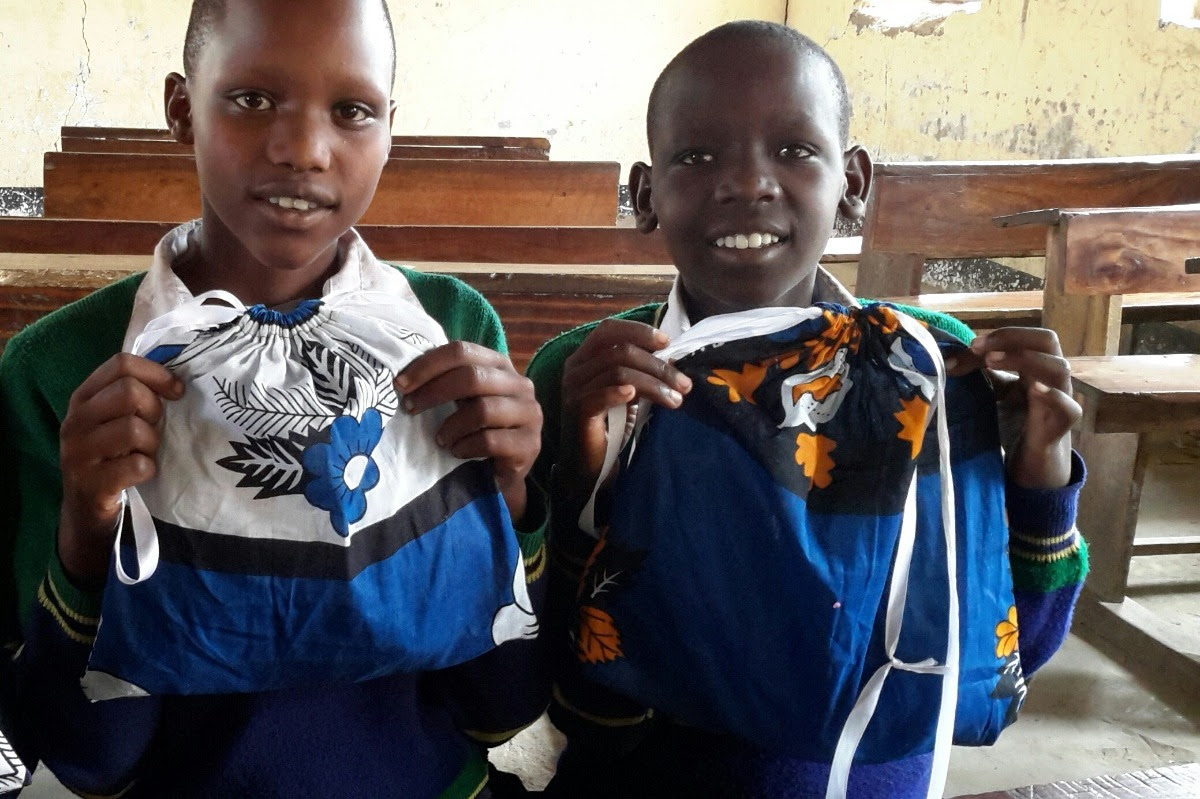 Many Maasai girls get married off at a very young age and are forced to have many children. Without an education and stuck in an environment bound to ancient traditions, they often live a life of struggle and don't have the foresight to teach their children differently.
Many Maasai girls get married off at a very young age and are forced to have many children. Without an education and stuck in an environment bound to ancient traditions, they often live a life of struggle and don't have the foresight to teach their children differently.
With our Maasai women enterprise we try to break the cycle by encouraging Maasai girls to get the education they need to be able to make their own choices.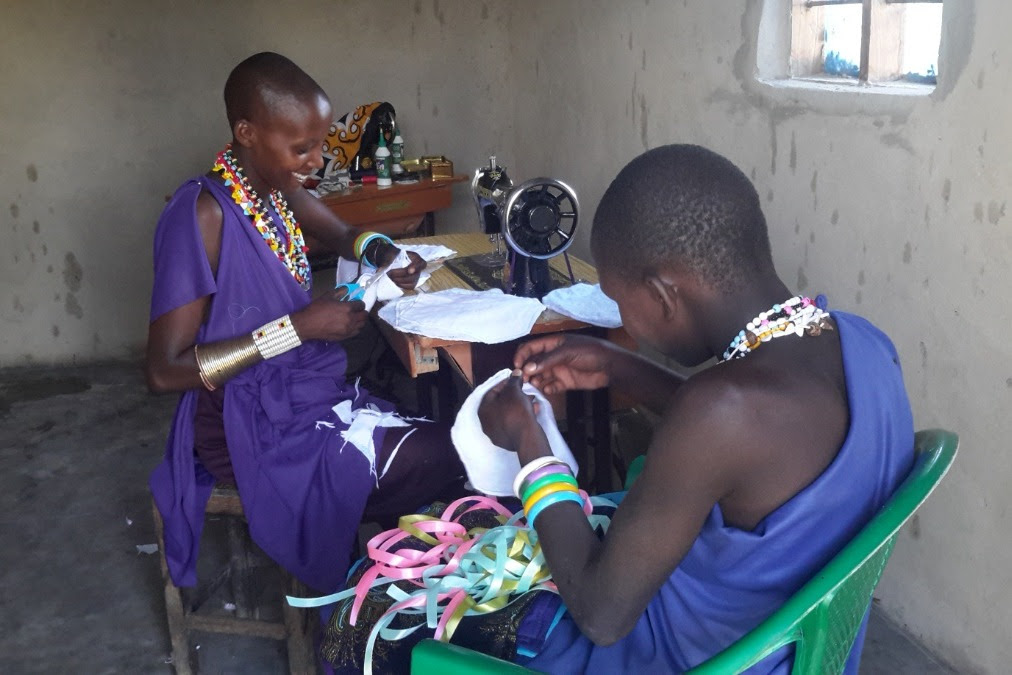
Our greatest challenge is related to the remoteness of our enterprise: we are located in the midst of the Maasai Steppe with the nearest town a 12 hour bus ride away. There we are able to buy some of the fabric we need but many materials are not available in Tanzania.
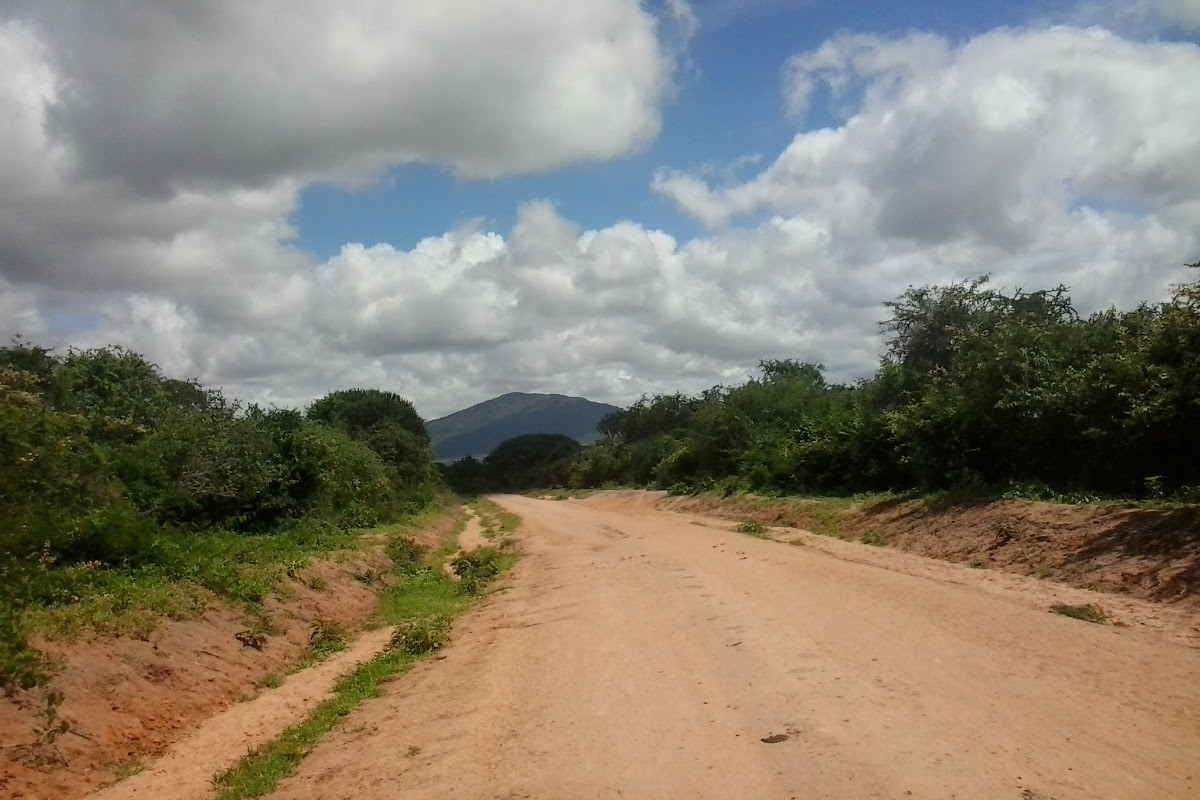 Stephenie has to frequently travel to the bigger towns to pick up material that has been left there for us by friends or to pay import tax on fabric that has been sent to us by post. Sometimes we order cotton flannel from Nairobi, Kenya and pay expensive transport and import costs.
Stephenie has to frequently travel to the bigger towns to pick up material that has been left there for us by friends or to pay import tax on fabric that has been sent to us by post. Sometimes we order cotton flannel from Nairobi, Kenya and pay expensive transport and import costs. One trip to Arusha or Dar es Salaam (2 days travel and 2 days stay) to buy or pick up fabric, costs an average of
100 US just on transport (35US), accomodation (40 US) and food (25US).
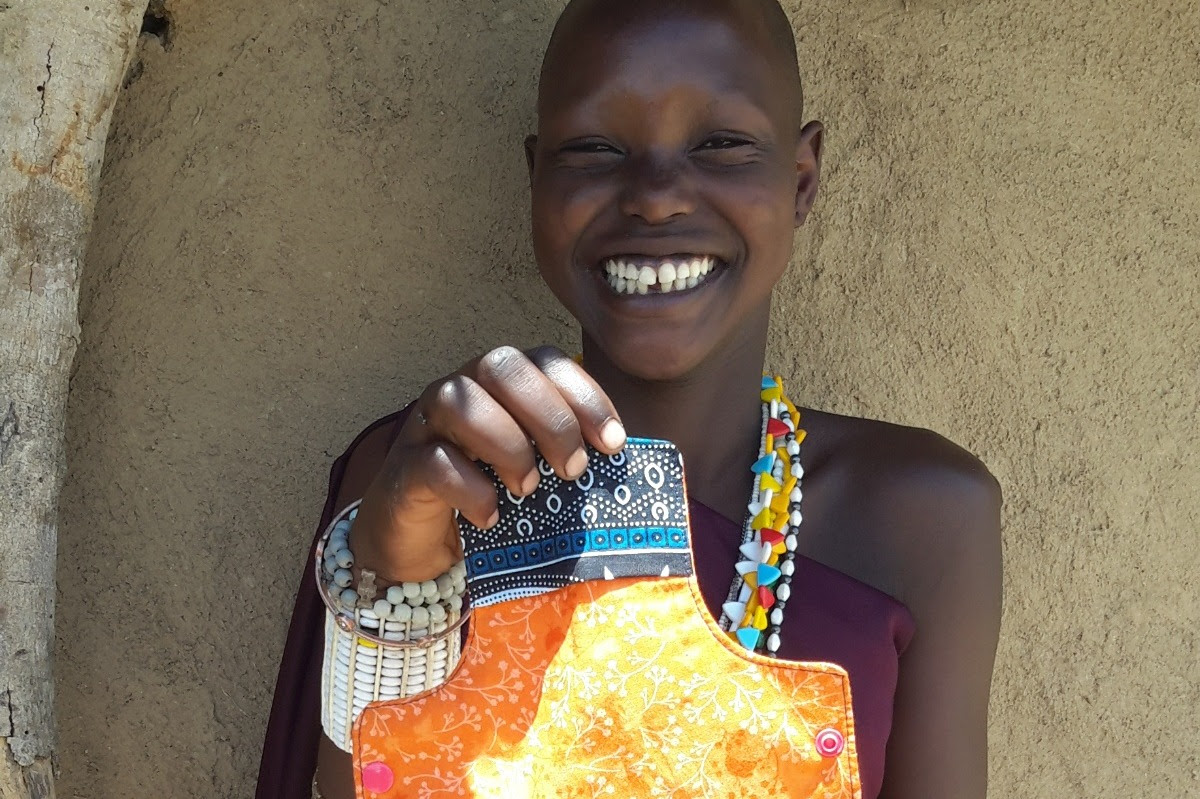 We are running it to continue our fight for the preservation of the beautiful Maasai tribe through the empowerment and education of Maasai women.
We are running it to continue our fight for the preservation of the beautiful Maasai tribe through the empowerment and education of Maasai women.I hope you find it in you to support us.
